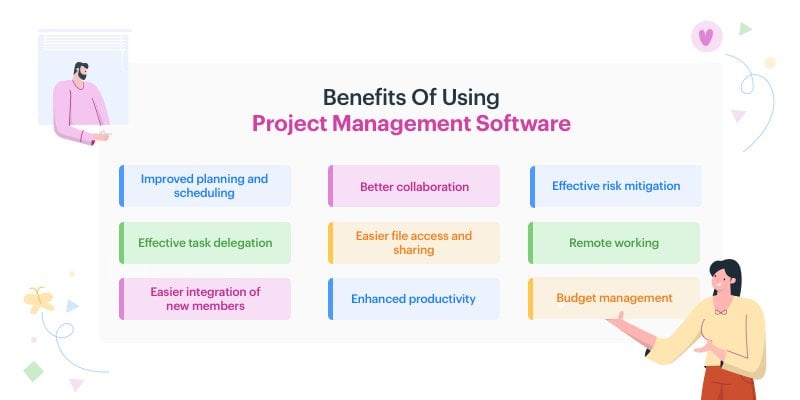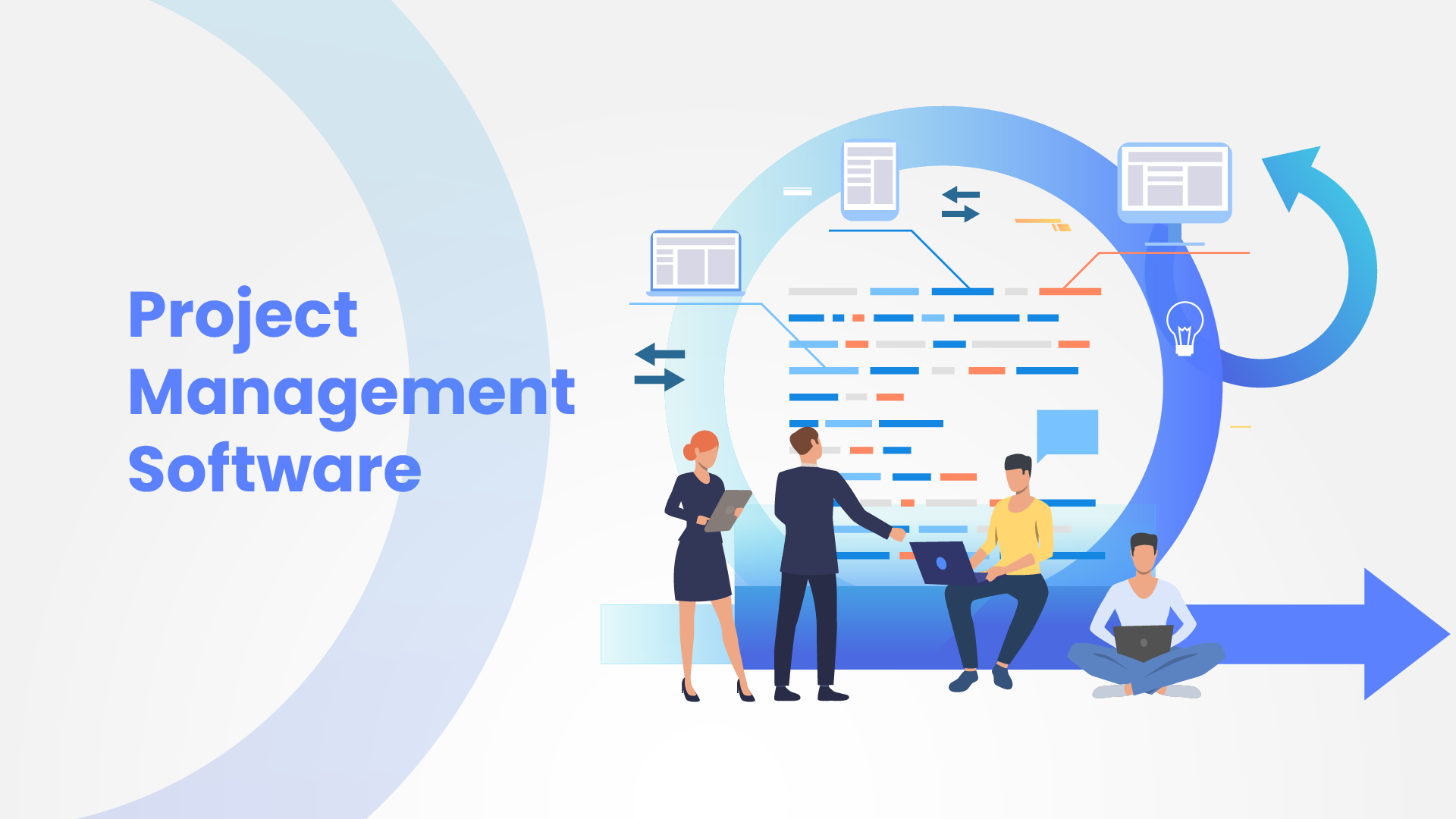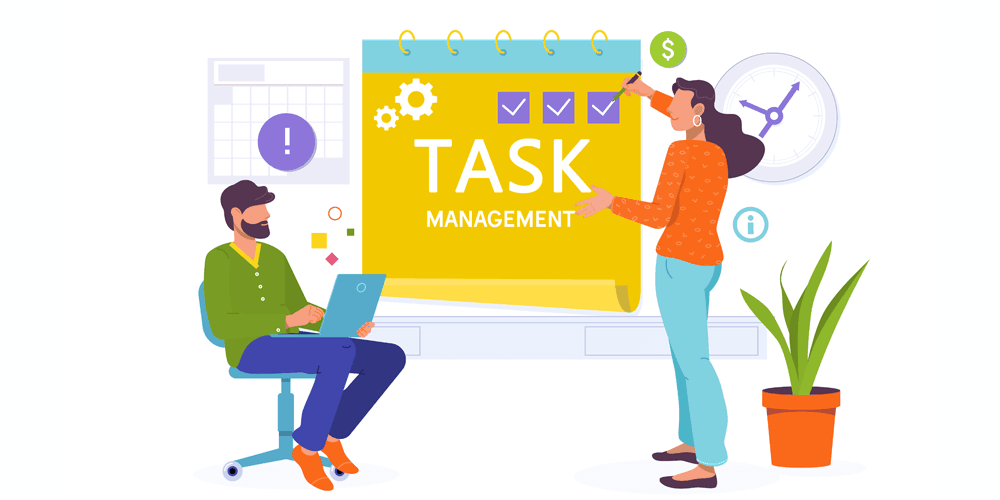Boosting Data Analysis Efficiency with Task Management Software

I've lost count of how many times I have heard or read recently that 'data is king'. No longer do we make decisions based on hunches or intuition; we now lean into the data to make them for us. However, wrangling large data analysis projects can be challenging.
Often, there is a huge volume of data to be collected, cleaned, and analyzed. Teams large and small must coordinate and collaborate to get things done promptly. If contemplating these details has your head spinning, don’t worry. Enter task management software, a secret weapon that can supercharge your data analysis projects.
Below, we will discuss how task management software can streamline workflow management tasks, enhance collaboration between team members, improve the allocation of resources, and enhance data security. Once you’ve mastered it, you’ll have another software skill to add to your data analyst resume.
Using Task Management Software to Streamline the Workflow
One of the key benefits of using task management software is streamlining your workflows. Data analysis projects are inherently complex—they incorporate multiple stages, including data collection, cleaning, analysis, and visualization. Each of these stages, in turn, is complex in itself.
Task management programs like Asana or Trello allow you to break down these stages into manageable chunks. Task dependencies can be set so that prerequisite tasks are always completed before the subsequent functions begin. Individual tasks can be given deadlines and assigned to specific team members.
This way, everyone knows their responsibilities, the workflow is clear and structured, and the chaos of missed deadlines or overlapping tasks is circumvented. Many task management solutions have been designed to help minimize manual input tasks by integrating with data analysis tools like Python, Power BI, and Tableau. Automated triggers can even be set to initiate data analysis tasks if preset conditions are met. This integration and automation can save immense time, further streamlining the workflow.

Using Task Management Software to Get Everyone Together
Effective team collaboration has always taken effort, but this is even more true in the digital age. In recent years, geographic boundaries have been broken as hybrid schedules and remote hires have become more common. How can you make sure your team stays on the same page, especially if some members work in a different time zone?
Again, task management software offers an answer. They act as a centralized platform for collaboration, no more missed calls or endless scrolling through texts or emails. Most platforms offer file sharing, real-time commenting, and notifications. Questions can be answered quickly and issues addressed as they arise. Many also integrate with other communication tools your team may already be using, such as Microsoft Teams or Slack.
Leverage Task Management Software to Use You Time Wisely
Your team members and their man hours are valuable resources. How can you make sure these resources are allocated efficiently? Task management software allows you to visualize the actual workload of each team member. They also include time-tracking features that permit you to monitor how much time is spent on these tasks. Using these tools, you make assignments based on expertise as well as workload. This ensures that everyone contributes but no one gets overloaded. You can also use the data to inform future project planning.
For individuals, checklists and milestones help keep them on track and accountable for their responsibilities and milestones. Roles are transparent, providing added motivation so that accomplishments can be celebrated no duties ‘fall through the cracks,’ so to speak. Another timely benefit of task management software is tracking the progress of the entire project. Gantt charts and Kanban boards help visualize the project status and timeline. Updates are given in real-time. These tools are essential to project management observing potential delays to correct them as well as communicating progress with stakeholders inside and outside the project team.

Task Management Software and Security
When you’re working with data, security, and compliance are always front of mind, especially if your data set includes sensitive or confidential information such as personal identifiers linked to customer feedback. The best task management software includes a robust suite of security features. These include data encryption, access controls, and user authentication. The use of the software also creates a digital “paper trail” or record of project activities. This is needed for compliance audits or investigations in the event of a data breach.
Key Takeaways
Using task management software can enhance your data analysis projects in the following ways:
a. Streamlining the workflow by assisting with planning, task assignment, and task automation.
b. Helping team members communicate via a central hub and/or integrations with other communication platforms.
c. Providing transparent task assignments with motivating milestones and visuals for project status.
d. Providing robust security features to avoid breaches and records to assist if they do occur.
If you download and begin using a task management program today, you may be surprised by the results you achieve in the days, weeks, and months ahead.
Conclusion
When it comes to data analysis, task management software is revolutionary since it helps to strengthen data security, optimize resource allocation, enhance team collaboration, and streamline workflows.
Teams can make sure that projects are handled effectively and securely even when they are dispersed across multiple locations by utilizing platforms like Trello or Asana. By incorporating these platforms into your data initiatives, you may increase output, responsibility, and security while also improving productivity.




